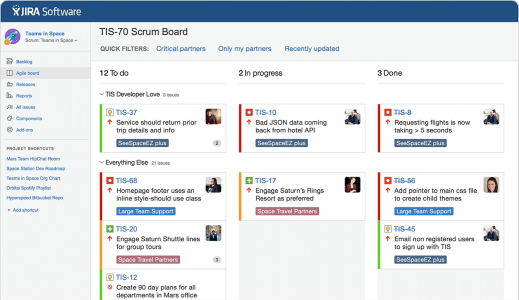
In the complex world of business, effective project management is essential for achieving goals, meeting deadlines, and efficiently managing resources. The role of a project manager is crucial in this endeavor.
In this article, we will delve into the definition, key responsibilities, and essential skills of a project manager.
Definition of a Project Manager
A project manager is a professional responsible for the planning, coordination, execution, and closure of a project, whether it’s a construction project, an IT project, a marketing project, or any other type of project. Their responsibility is to ensure that the project is completed in accordance with the set objectives, within the specified timelines, and within the allocated budget.
Key Responsibilities of a Project Manager
Project Planning: The project manager develops a detailed project plan, including objectives, timelines, required resources, and key milestones. They must also identify potential risks and develop strategies to manage them.
Team Coordination: They work closely with team members, assign specific tasks, and ensure that each team member understands their role and responsibilities.
Communication: It is essential for the project manager to ensure clear and effective communication among all stakeholders, including team members, clients, partners, or external parties.
Progress Monitoring: They constantly monitor the project’s progress using key performance indicators (KPIs). They identify potential issues and take corrective actions when necessary to ensure the project stays on track.
Risk Management: Project managers must anticipate potential risks and develop contingency plans to address them as needed. This includes managing financial, operational, and human risks.
Project Closure: Once the project is completed, the project manager ensures that all deliverables meet client specifications and expectations, and they close the project in an orderly manner.
Essential Skills of a Project Manager
Time Management: The ability to effectively manage deadlines is crucial for a project manager, as delays can impact the budget and client satisfaction.
Communication: They must be excellent communicators, capable of clearly conveying project objectives, expectations, and progress to all stakeholders.
Conflict Resolution: Managing conflicts within the team is an essential skill. Project managers should be able to resolve disputes constructively.
Technical Skills: Depending on the project’s domain, specific technical skills may be required. For example, an IT project manager needs a deep understanding of IT technologies.
Adaptability: Projects can evolve rapidly, and a project manager must be able to adapt to changing circumstances and priorities.
Conclusion
Project managers play a central role in the success of projects, whether they are small-scale or large-scale. Their ability to plan, coordinate, communicate, and problem-solve is essential to keep a project progressing and ensure it achieves its goals. To excel in this role, it is crucial to develop the necessary skills and stay constantly updated with best practices in project management.




Be the first to comment